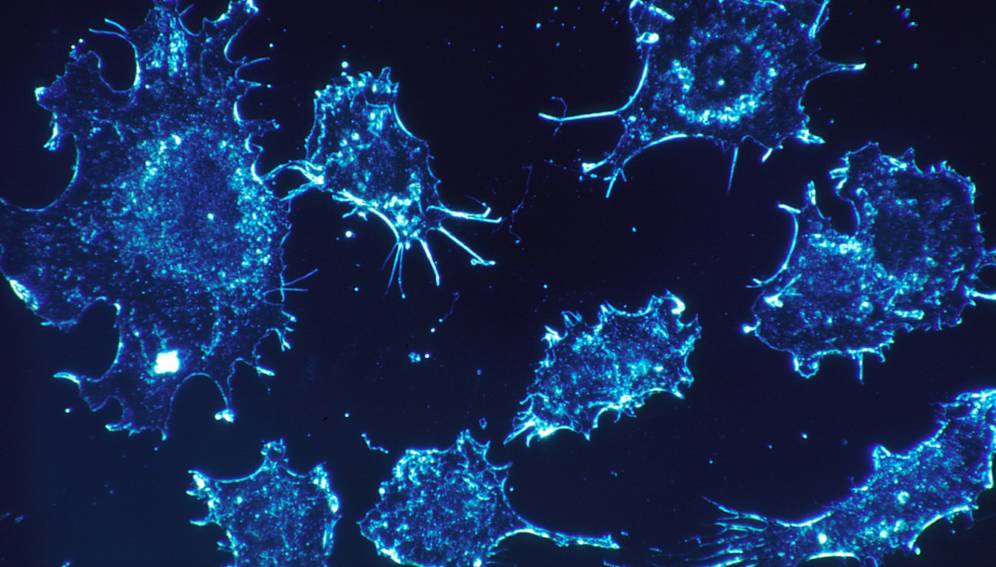HPV is common:
Most sexually active individuals have HPV at some point
Different Types:
Some types of HPV can cause genital warts while some other, different types are linked to cervical cell
changes that, if not detected early, can increase a womanʼs risk for cervical cancer. HPV also causes
some cancers of the penis, anus, vagina, vulva, and throat. HPV infections are usually harmless, though, and most are cleared naturally by the body in a year or two.
Vaccination:
HPV vaccines can help prevent infection from both high-risk HPV types that can lead to cervical cancer and low risk types that cause genital warts. As per the recommendations, all boys and girls get the HPV vaccine at age 11 or 12. The vaccine produces a stronger immune response when taken during the preteen years. For this reason, up until age 14, only two doses are the vaccine are required. Women and men can get the vaccine up to age 45, bu for those 15 and older, a full three-dose series is needed
Transmission:
HPV is usually passed by genital-to-genital and genital to- anal contact (even without penetration). The virus can also be transmitted by oral to genital contact, although this probably occurs less often. Studies show that male condoms can reduce HPV transmission to females, although condoms only protect the skin they cover
Testing:
A Pap test can find cell changes to the cervix caused by HPV. HPV tests find the virus and help healthcare
providers know which women are at the highest risk for cervical cancer. A Pap/HPV co-test is recommended for women 30 and over. One HPV test has been approved for use as primary cervical cancer screening for women age 25 and older, followed by a Pap test for women with certain results.
Treatment:
Thereʼs no treatment for the virus itself, but healthcare providers have plenty of options to treat diseases caused by HPV
Relationship:
It can take weeks, months, or even years after exposure to HPV before symptoms develop or the virus is detected. This is why it is usually impossible to determine when or from whom HPV may have been contracted. A recent diagnosis of HPV does not necessarily mean anyone has been unfaithful, even in a long term relationship spanning years
Pregnancy :
Pregnant women with HPV almost always have natural deliveries and healthy babies —itʼs very rare for a newborn to get HPV from the mother


